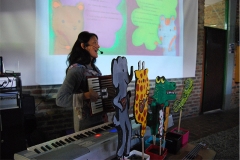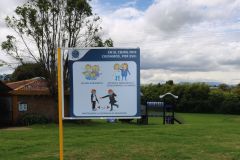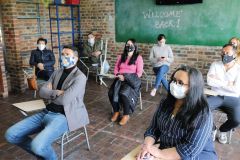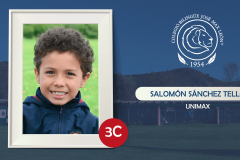
By María José Vargas G. y Paula Marcela López M.
After 18 months of remote education, the possibility of a face-to-face education return to the classroom was considered, something essential within the framework of the need for interaction and the strengthening of socio-emotional and pedagogical competences, whose benefits are evident and fundamental for the integral formation of students.
Some of the advantages of face-to-face education in the pedagogical line are:
- Students -especially in preschool and the first grades of primary- learn through senses and movement; face-to-face education supports the design and execution of activities that encourage learning through sight, audition and kinesthesia.
- Face-to-face education reduces the gaps in opportunities for different students. Learning in this context does not depend exclusively on elements such as a steady internet connection or access to technological devices, but instead, all students have the same resources.
- Theorists, such as Vigotsky, have explained that learning is achieved in a significant way when it is built within social interaction, which is greater and more effective in face-to-face education. In this interaction, the student can generate hypotheses, test, contrast, and understands them, making it permanent learning, easy to remember and to use in context.
With the above in mind, cooperative learning has an important role.
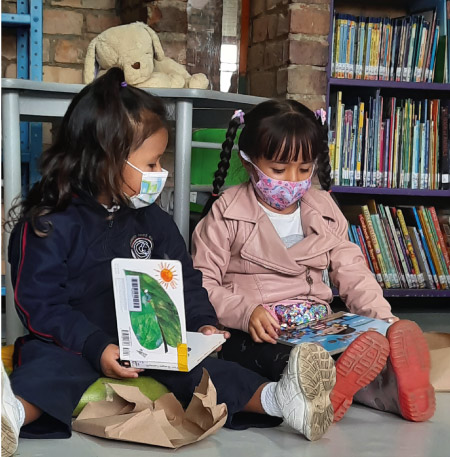
- Since the teacher has the possibility to directly observe students’ processes, they can do a more appropriate, close, and effective follow-up and feedback.
- Language is important in learning; it is not only words but also non-verbal language that has a fundamental relevance; having students in person favors communication allowing both teacher and student to read and understand each other assertively.
- Executive functions are defined as the mental activities needed to plan, organize, execute, and evaluate a process. They are necessary for the correct development of attention, the follow-up of instructions, stimuli and impulse control, and memory, therefore, are key in achieving success in school.
Face-to-face education strengthens executive functions through the creation of habits and routines, focused attention, and the evaluation and monitoring of processes.
- In face-to-face education, motivation increases, since the activities and resources offered by teachers are varied, and experiential students are stimulated through interaction. It also increases students’ participation and responsibility, without ignoring particularities within individual development.
- Reading and writing processes are strengthened. While in remote learning new ways of reading and writing were found, it is still necessary to develop the entire process, especially with the smallest ones using pencil and paper, spell correction, space management, the strokes of the letters, and return to the printed text to favor imagination and understanding.
To conclude, face-to-face education has many benefits. However, it cannot be ignored that remote education brought a new look at the challenges in education methodologies of the future.
